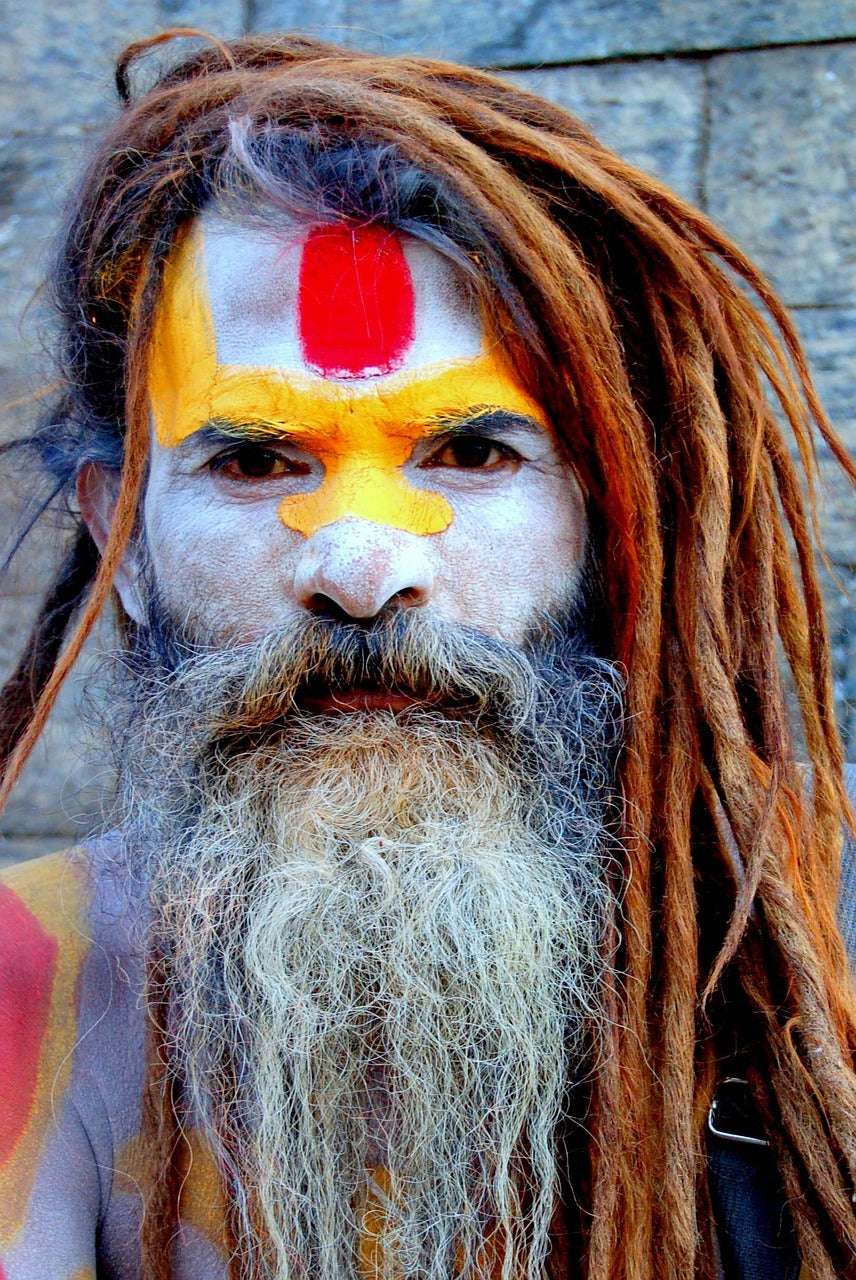
India - Land of Diversity and Tradition
Share
India is much more than a country - it is a continent full of colors, stories and countless traditions. Indian culture, which is one of the oldest in the world, is characterized by the diversity of its religions, art forms and customs, which find their own expression in every region of the country. In this article, we delve into some of the most fascinating facets of Indian culture and show why India is so unique.
Religion: The Spiritual Heart
India is the birthplace of major religions such as Hinduism, Buddhism, Jainism and Sikhism, and is home to one of the largest Muslim and Christian communities in the world. Religion and spirituality shape daily life and influence festivals, architecture and the philosophy of many Indians. Famous sites such as the temple of Varanasi on the Ganges, the spiritual center of Rishikesh and the Golden Pagoda in Amritsar offer visitors spiritual insights that feel unique anywhere in the world.
Colorful Festivals: Celebration of Life
India is known for its numerous colorful festivals, often celebrating seasonal changes, religious events or mythological stories. A well-known example is Diwali , the festival of lights, which symbolizes the victory of light over darkness. Holi , the festival of colors, is also celebrated worldwide and represents joy, equality and the beginning of spring. The festivals unite people of all faiths and backgrounds, bringing everyone together in lively ceremonies and colorful decorations.
Indian cuisine: a feast for the senses
Indian cuisine is world-famous for its flavors, spices and regional specialties. From the spice diversity of the north reflected in dishes like biryani and butter chicken, to the spicy, vegetarian specialties of the south like dosa and sambar, every dish tells a story. Indian dishes use ingredients like turmeric, cardamom, cumin and coriander, which not only add flavor but also have a long history in Ayurvedic medicine.
Architecture: Masterpieces of the Past
India's architecture is a fascinating reflection of its historical and religious diversity. The Taj Mahal, one of the seven wonders of the world, is the epitome of Islamic architecture and represents eternal love. The temple complexes of Khajuraho and the forts of Rajasthan show influences from Hinduism and Rajput culture. Modern buildings such as the Lotus Temple in Delhi also impress with their unique symbolism and are proof that India is a timeless mix of tradition and innovation.
Arts and Crafts: Wealth of Creativity
India has a rich artistic tradition that has been passed down over centuries. Traditional dances such as Bharatanatyam and Kathak tell ancient stories and combine rhythmic movements with sumptuous costumes. India's handicrafts are also impressive - from handwoven saris to colorful ceramics and woodwork. Each work of art is characterized by regional techniques and materials that reflect the rich history and culture of the respective place.
Yoga and Ayurveda: The Legacy of Health and Balance
India is the country of origin of yoga and Ayurveda, a traditional healing art that aims to bring body and mind into harmony. Yoga, which is based on scriptures that are thousands of years old, is practiced worldwide and has found a firm place in the modern wellness sector. Ayurveda offers holistic treatment approaches that emphasize the balance of body, mind and soul and rely on herbal remedies.
India – A country of infinite cultural diversity
The culture of India is as multifaceted as the country itself and captivates people from all over the world. Whether festivals, architecture, cuisine or spirituality - every detail speaks of deep roots in history and tradition. India invites its visitors to immerse themselves in this unique culture, gather new impressions and experience the diversity of this country to the fullest.
Religion: The Spiritual Heart
India is the birthplace of major religions such as Hinduism, Buddhism, Jainism and Sikhism, and is home to one of the largest Muslim and Christian communities in the world. Religion and spirituality shape daily life and influence festivals, architecture and the philosophy of many Indians. Famous sites such as the temple of Varanasi on the Ganges, the spiritual center of Rishikesh and the Golden Pagoda in Amritsar offer visitors spiritual insights that feel unique anywhere in the world.
Colorful Festivals: Celebration of Life
India is known for its numerous colorful festivals, often celebrating seasonal changes, religious events or mythological stories. A well-known example is Diwali , the festival of lights, which symbolizes the victory of light over darkness. Holi , the festival of colors, is also celebrated worldwide and represents joy, equality and the beginning of spring. The festivals unite people of all faiths and backgrounds, bringing everyone together in lively ceremonies and colorful decorations.
Indian cuisine: a feast for the senses
Indian cuisine is world-famous for its flavors, spices and regional specialties. From the spice diversity of the north reflected in dishes like biryani and butter chicken, to the spicy, vegetarian specialties of the south like dosa and sambar, every dish tells a story. Indian dishes use ingredients like turmeric, cardamom, cumin and coriander, which not only add flavor but also have a long history in Ayurvedic medicine.
Architecture: Masterpieces of the Past
India's architecture is a fascinating reflection of its historical and religious diversity. The Taj Mahal, one of the seven wonders of the world, is the epitome of Islamic architecture and represents eternal love. The temple complexes of Khajuraho and the forts of Rajasthan show influences from Hinduism and Rajput culture. Modern buildings such as the Lotus Temple in Delhi also impress with their unique symbolism and are proof that India is a timeless mix of tradition and innovation.
Arts and Crafts: Wealth of Creativity
India has a rich artistic tradition that has been passed down over centuries. Traditional dances such as Bharatanatyam and Kathak tell ancient stories and combine rhythmic movements with sumptuous costumes. India's handicrafts are also impressive - from handwoven saris to colorful ceramics and woodwork. Each work of art is characterized by regional techniques and materials that reflect the rich history and culture of the respective place.
Yoga and Ayurveda: The Legacy of Health and Balance
India is the country of origin of yoga and Ayurveda, a traditional healing art that aims to bring body and mind into harmony. Yoga, which is based on scriptures that are thousands of years old, is practiced worldwide and has found a firm place in the modern wellness sector. Ayurveda offers holistic treatment approaches that emphasize the balance of body, mind and soul and rely on herbal remedies.
India – A country of infinite cultural diversity
The culture of India is as multifaceted as the country itself and captivates people from all over the world. Whether festivals, architecture, cuisine or spirituality - every detail speaks of deep roots in history and tradition. India invites its visitors to immerse themselves in this unique culture, gather new impressions and experience the diversity of this country to the fullest.
